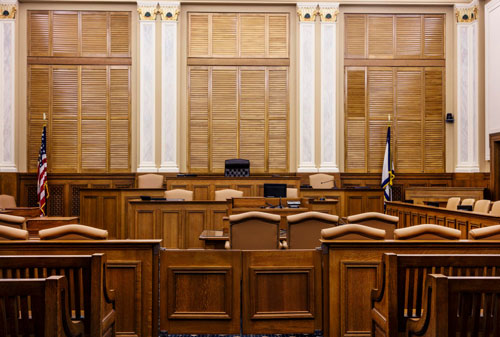Chief Justice Rabner continued in relevant part: But Rule 701(b) contains a critical limiting requirement: a lay witness may only present testimony that will be helpful to the jury. Whether narration testimony is “helpful” depends heavily on the nature of the recording and the proposed comments. Scenes like the video of hundreds of demonstrators and violent incidents in Begay are a good example. Lengthy videos present similar problems, as can unclear or grainy footage. In sum, whether narration evidence is helpful turns on the facts of each case.
Narration testimony must also comply with N.J.R.E. 403. The Court establishes some specific limits to help in that regard. First, neither the rules of evidence nor the case law contemplates continuous commentary during a video by an investigator whose knowledge is based only on viewing the recording. To avoid running commentary, counsel must ask focused questions designed to elicit specific, helpful responses. Second, investigators can describe what appears on a recording but may not offer opinions about the content. Third, investigators may not offer their views on factual issues that are reasonably disputed, which are for the jury to decide. Fourth, investigators should not comment on what is depicted in a video based on inferences or deductions, including any drawn from other evidence. The Court provides examples of permissible and impermissible testimony and notes that State v. Allen, also decided today, provides additional examples of what narration evidence may and may not include. ___ N.J. ___ (2023). The examples in this opinion and in Allen are illustrative, not comprehensive.
The Court also establishes procedures for the admission of narration testimony and calls on the Criminal Practice Committee to consider including those steps in the court rules. And the Court asks the Model Criminal Jury Charge Committee to develop appropriate jury instructions for narration testimony. Neither the new procedures nor the guidance the Court provides alters other settled issues, such as the distinctions between what types of testimony about electronic recordings require expert rather than lay witnesses.
Because the Court reverses defendant’s conviction based on the in-court identification evidence, it does not analyze each aspect of Sergeant Vitelli’s narration testimony. Instead, it offers observations about places where the testimony went awry by way of guidance. The Confrontation Clause prohibits a police witness from implying to the jury that he possesses superior knowledge, outside the record, that incriminates the defendant. Challenges based on that prohibition are fact-specific, and the Court provides guidance, applicable on remand, based on the facts here.
The Criminal Jury Charge Committee is not required to develop the requested instructions. The Appellate Division made a similar request in a recent appeal of a Bergen County case that I handled (State v. Pavedaika). There, the Municipal Practice Committee chose not to honor the Appellate panel’s request.

